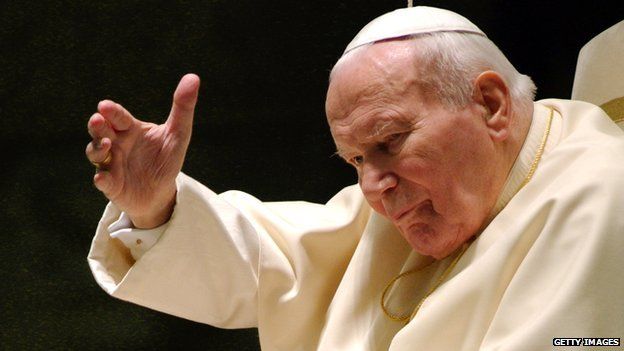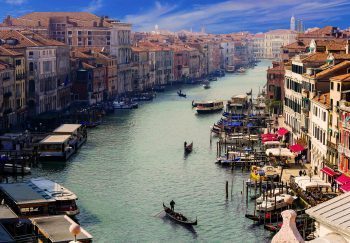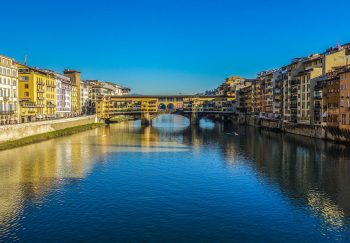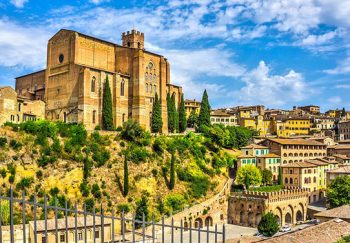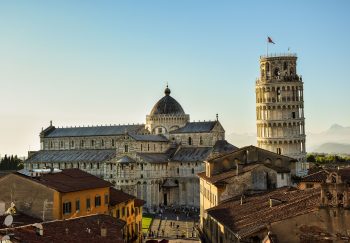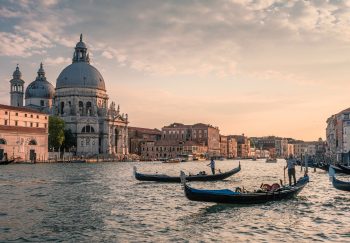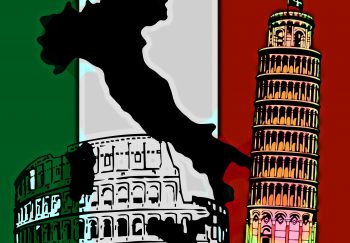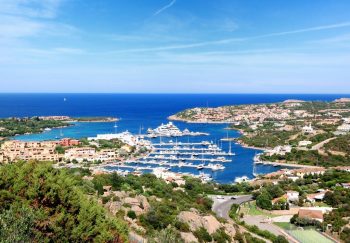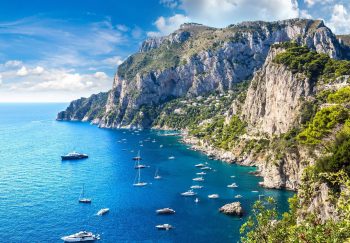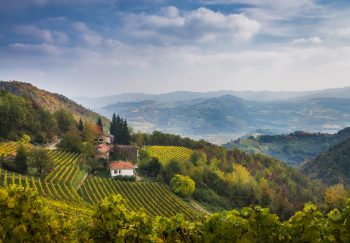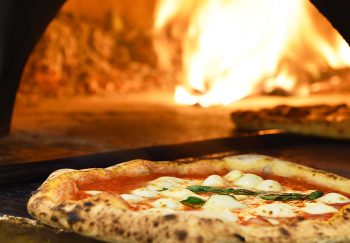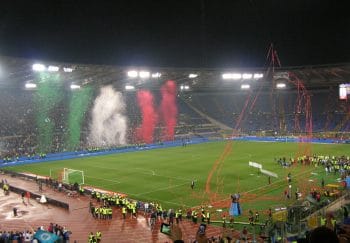The imminent beatification ceremony at the Vatican on May 1, which Pope John Paul II will be attending, is causing Pope John Paul II to reappear in the news. But who was he? And why was he so important?
Born Karol Wojtyla, in Poland, Pope John Paul II was the first non-Italian to lead the Vatican after more than 500 years.
John Paul II’s reign almost ended in tragedy. A Turkish gunman killed him in St. Peter’s Square in 1981. The pope survived despite losing nearly three-quarters of his blood. Later, he attributed it to the intervention by the Virgin Mary. Two years later, the pope would forgive his assassin and even meet with him in Rome’s prison. The gunman never explained his motives and was released one year ago. He was sentenced to 19 years imprisonment in Italy for the attempted assassination of a Turkish journalist, and 10 years for murdering a Turkish journalist.
The fact that the pope had lived a difficult life made it possible for him to empathize and relate to common people. He was born in Poland in 1920. His mother died at eight years old, his brother at twelve and his father at twenty-two. He said almost 40 years later, “I wasn’t at my mother’s funeral, I wasn’t at my brother’s, and I wasn’t at my father’s.” “At 20 I had already lost all my loved ones.”The pope was more than just having survived three bullets. He could speak 14 languages fluently. His 26-year rule was the longest in papal history. He was regarded as a kind and friendly pope during that period.
The Nazis had already occupied Poland by that time. Wojtyla was a restaurant messenger and a manual laborer to avoid being deported to Germany. He began secretly studying at an underground seminary in 1942. Two years later, a German truck crashed into his car. He was actually treated by Nazi officers and taken to hospital. This was so shocking that he considered it a divine confirmation of his priesthood career!
It was not easy to live under Nazi occupation. He was also arrested that year in a massive roundup. It was only because he worked in a quarry, a vital wartime industry, that he was able to escape arrest. He was also arrested along with 25 other men.
The Gestapo arrested more than 8,000 Krakow-based young men. This was the luckiest moment for the future pope. It was “Black Sunday” on August 6, 1944. The Nazis wanted Krakow’s men to not rise up like in Warsaw. Wojtyla was hidden in the basement of his uncle’s house while the Gestapo searched upstairs. Wojtyla then escaped to Archbishop’s Palace and emerged only after the Germans had left.
He was 38 years old when he became Poland’s youngest bishop in 1958. In 1964, he was elected archbishop of Krakow and three years later, he made a significant contribution to the Encyclical Humanae Vitae. This encyclical reiterated the Church’s position on the prohibition of abortion and contraception. He was a popular Polish pope who attracted thousands of pilgrims to his public appearances.
Two top candidates were available for the post of the pope when Pope Paul VI died in 1978. They were not Wojtyla, butboth were Italian. As a compromise candidate, the Polish cardinal was proposed. Wojtyla won on the second day of the conclave. He was 58 years old and the youngest pope for 132 years.
John Paul II, the new Pope, was determined to make the Church more approachable and loving. The key moment was when apologized for the Church’s errors, and for its “sins towards the people of Israel”. (Most saw that as an eagerly awaited apology for Church’s inaction on the Holocaust, which included his own. In 1979, he was also the first pope who visited Auschwitz. He placed a letter inside Jerusalem’s Western Wall. This gesture, which Rabbi Melchior, Israeli cabinet minister, called “Beyond History, beyond Memory.”
The pope tried to make the Church a beacon of dignity and human rights. In 1979, he visited Poland, a visit that inspired the anti-communist Solidarity Movement. Later, he gave tacit support to the movement that would defeat Soviet dominance. He was instrumental in the installation of anti-communist politicians throughout Eastern Europe. In 1982, the pope signed a secret agreement to help end Soviet dominance in Eastern Europe. The president and the pope created a network that supported Solidarity through smuggling and spying. It is not surprising that Mikhail Gorbachev (the Soviet leader) later stated that the collapse of the Iron Curtain wouldn’t have been possible without John Paul II.
Publicly apologizing for Galileo Galilei’s Church indictment, for Catholic involvement with the African slave trade and for inhumane treatment of women, and for the Church’s inquisitions, religious wars, and public apology. He reprimanded many countries, including Ireland and Brazil, for their mistreatment of their people and aiding violence throughout his reign. He also reached for youths. World Youth Day was established in 1984 to bring together young people to celebrate their faith. The 13th will be held in Madrid this August.
John Paul II was a conservative pope. He stood firm on the dogmas that were under attack, such as the Church’s condemnation of birth control and stem cell research. He also declared that other topics like whether women should become ordained were not open for debate. Critics claim that he failed to adequately address gender issues and that his opposition to all forms of contraception is dangerous. It’s similar to Pope Benedict’s recent declaration that condoms can be used to prevent AIDS.
The world was still grieving John Paul II’s death. Many in the crowd at John Paul II’s funeral called for his sainthood. Many held signs that said “Santo Subito!” (Saint at Once! People chanted “Santo santo!” (Saint, saint!) There were already questions about John Paul II’s canonization… and whether the Vatican would expedite the process.
